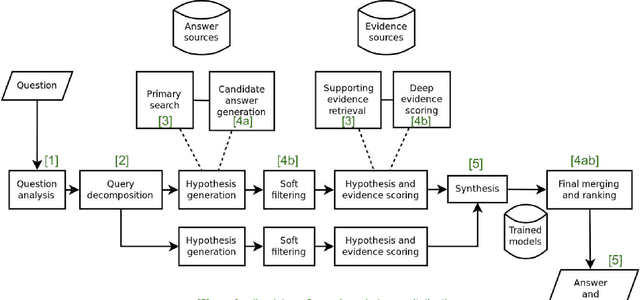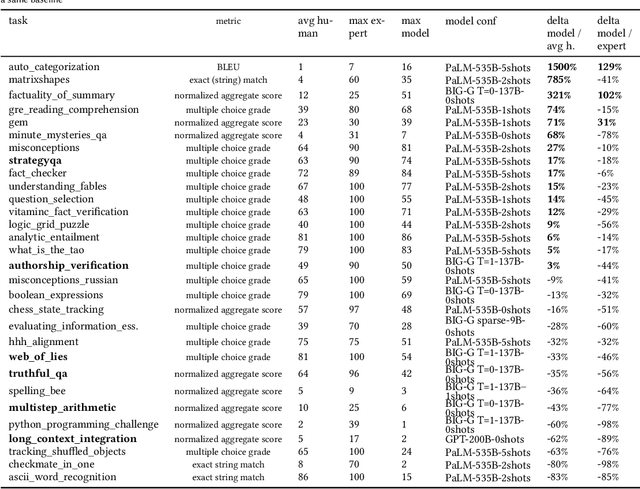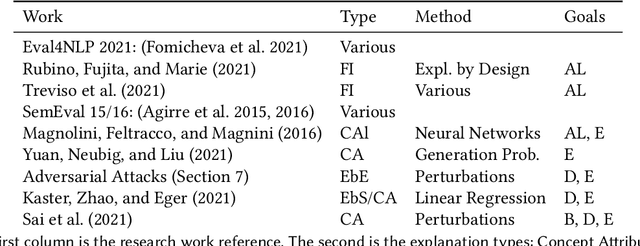Vincent Martin
Perceptual implications of simplifying geometrical acoustics models for Ambisonics-based binaural reverberation
Nov 15, 2024



Abstract:Different methods can be employed to render virtual reverberation, often requiring substantial information about the room's geometry and the acoustic characteristics of the surfaces. However, fully comprehensive approaches that account for all aspects of a given environment may be computationally costly and redundant from a perceptual standpoint. For these methods, achieving a trade-off between perceptual authenticity and model's complexity becomes a relevant challenge. This study investigates this compromise through the use of geometrical acoustics to render Ambisonics-based binaural reverberation. Its precision is determined, among other factors, by its fidelity to the room's geometry and to the acoustic properties of its materials. The purpose of this study is to investigate the impact of simplifying the room geometry and the frequency resolution of absorption coefficients on the perception of reverberation within a virtual sound scene. Several decimated models based on a single room were perceptually evaluated using the a multi-stimulus comparison method. Additionally, these differences were numerically assessed through the calculation of acoustic parameters of the reverberation. According to numerical and perceptual evaluations, lowering the frequency resolution of absorption coefficients can have a significant impact on the perception of reverberation, while a less notable impact was observed when decimating the geometry of the model.
Complex QA and language models hybrid architectures, Survey
Feb 17, 2023



Abstract:This paper provides a survey of the state of the art of hybrid language models architectures and strategies for "complex" question-answering (QA, CQA, CPS). Very large language models are good at leveraging public data on standard problems but once you want to tackle more specific complex questions or problems you may need specific architecture, knowledge, skills, tasks, methods, sensitive data, performance, human approval and versatile feedback... This survey extends findings from the robust community edited research papers BIG, BLOOM and HELM which open source, benchmark and analyze limits and challenges of large language models in terms of tasks complexity and strict evaluation on accuracy (e.g. fairness, robustness, toxicity, ...). It identifies the key elements used with Large Language Models (LLM) to solve complex questions or problems. Recent projects like ChatGPT and GALACTICA have allowed non-specialists to grasp the great potential as well as the equally strong limitations of language models in complex QA. Hybridizing these models with different components could allow to overcome these different limits and go much further. We discuss some challenges associated with complex QA, including domain adaptation, decomposition and efficient multi-step QA, long form QA, non-factoid QA, safety and multi-sensitivity data protection, multimodal search, hallucinations, QA explainability and truthfulness, time dimension. Therefore we review current solutions and promising strategies, using elements such as hybrid LLM architectures, human-in-the-loop reinforcement learning, prompting adaptation, neuro-symbolic and structured knowledge grounding, program synthesis, and others. We analyze existing solutions and provide an overview of the current research and trends in the area of complex QA.
 Add to Chrome
Add to Chrome Add to Firefox
Add to Firefox Add to Edge
Add to Edge